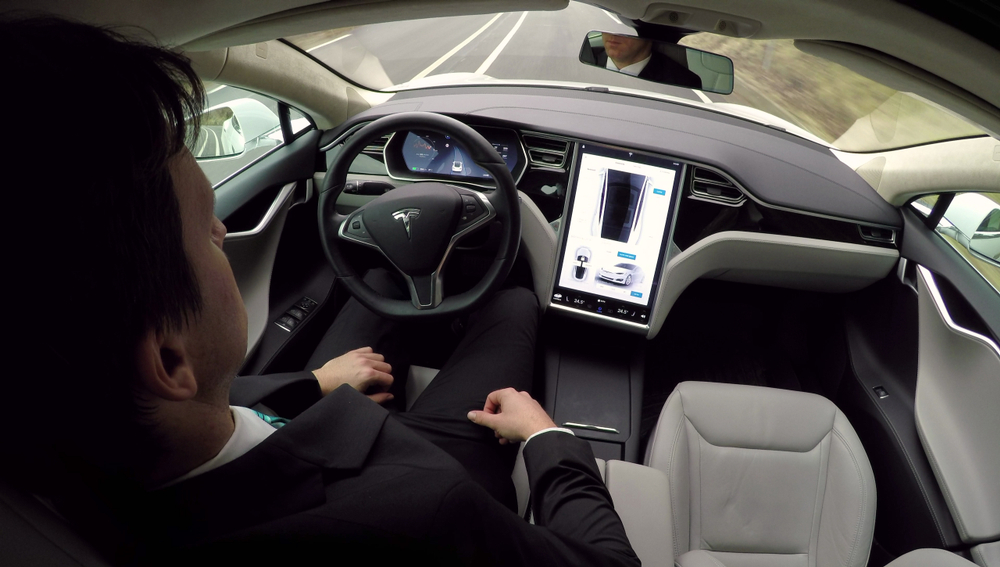Spurred on by Tesla and Google, most auto manufacturers today are actively researching and developing advanced self-driving car technologies. And though we’re not quite at a point where a car can drive itself across the country with zero human interaction, that day likely isn’t too far off.
As self-driving cars become more common and advanced, there remain a number of interesting and still unresolved issues. For instance, what happens when a autonomous vehicle is presented with a situation where it has to choose between preventing a head-on collision or swerving into a group of pedestrians in order to avoid said collision? Another unresolved issue regarding self-driving cars centers on insurance and liability. In short, when an autonomous vehicle gets into an accident, who should be held responsible? Where should the onus of insurance ownership fall?
Tackling this very issue in a recently published white paper, Travelers Companies Inc. argues that the current system of insurance for non-autonomous vehicles should apply to autonomous vehicles, an approach that would promote simplicity.
When it comes to insuring AVs, Travelers believes that leveraging the existing automobile insurance structure, both commercial and personal, is the best method for compensating crash victims quickly and efficiently – now and in the future. The current insurance structure is already designed to adapt to evolving risk environments and would minimize regulatory uncertainty, market disruptions and consumer confusion.
Continuing to rely on auto insurance for coverage – regardless of vehicle type – will also help to ensure consistency during the long period in which AVs and driver-operated vehicles share the road. And regardless of whether a vehicle is autonomous or driver operated, auto insurance offers vehicle owners the most peace of mind when it comes to common concerns such as weather or theft.
While some have floated the idea of auto manufacturers utilizing product liability insurance for accidents involving self-driving cars, Travelers argues that this isn’t a workable solution. Specifically, Travelers notes that it would significantly delay the time frame under which accident victims would receive compensation.
Unlike auto insurance, alternative risk transfer mechanisms like product liability are not structured to be primary, comprehensive solutions. A product liability-type regime for AVs – in lieu of, or with primacy over, the current auto insurance structure – could force consumers and victims to pursue complex, lengthy lawsuits to seek compensation. Such suits involve intensive and drawn-out investigative and evidentiary hurdles before anyone sees a day in court. Further, the product liability legal and regulatory environment is ill-fitted for handling auto collisions – the sheer number of discrete incidents would bog down court systems and significantly delay compensation. Victim compensation, if it happens at all, could take years.
It’s an interesting debate, to be sure, and the full white paper on the issue can be read over here.








